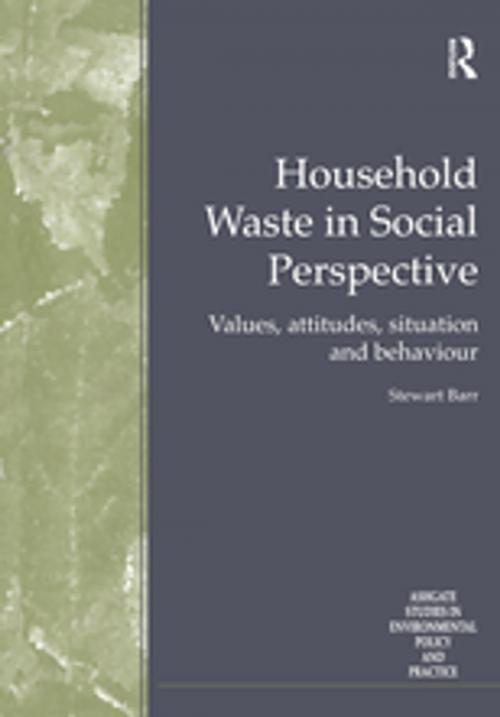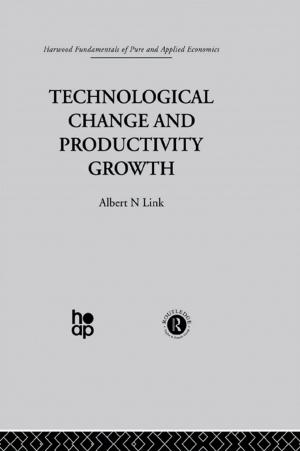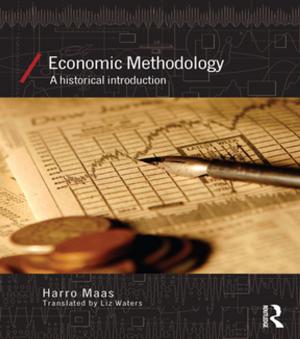Household Waste in Social Perspective
Values, Attitudes, Situation and Behaviour
Nonfiction, Science & Nature, Science, Biological Sciences, Environmental Science| Author: | Stewart Barr | ISBN: | 9781351930345 |
| Publisher: | Taylor and Francis | Publication: | July 5, 2017 |
| Imprint: | Routledge | Language: | English |
| Author: | Stewart Barr |
| ISBN: | 9781351930345 |
| Publisher: | Taylor and Francis |
| Publication: | July 5, 2017 |
| Imprint: | Routledge |
| Language: | English |
The principal barrier to the introduction of more sustainable disposal methods has previously been thought to be the lack of both available knowledge and an awareness of the benefits and ease of these systems. Illustrated by an in-depth analysis of waste reduction, reuse and recycling behaviour in Exeter, Devon, this volume questions these assumptions. It not only provides a fresh examination of the previous (mainly US-focused) research into the underlying determinants of waste management behaviour from a geographical perspective, but also develops a new theoretical model based on the Theory of Reasoned Action. Linking three broad categories: environmental values, situational characteristics and psychological factors, the book provides a timely evaluation of research on household waste management, develops an original analytical model and demonstrates the utility and importance of focusing on individual attitudes.
The principal barrier to the introduction of more sustainable disposal methods has previously been thought to be the lack of both available knowledge and an awareness of the benefits and ease of these systems. Illustrated by an in-depth analysis of waste reduction, reuse and recycling behaviour in Exeter, Devon, this volume questions these assumptions. It not only provides a fresh examination of the previous (mainly US-focused) research into the underlying determinants of waste management behaviour from a geographical perspective, but also develops a new theoretical model based on the Theory of Reasoned Action. Linking three broad categories: environmental values, situational characteristics and psychological factors, the book provides a timely evaluation of research on household waste management, develops an original analytical model and demonstrates the utility and importance of focusing on individual attitudes.















